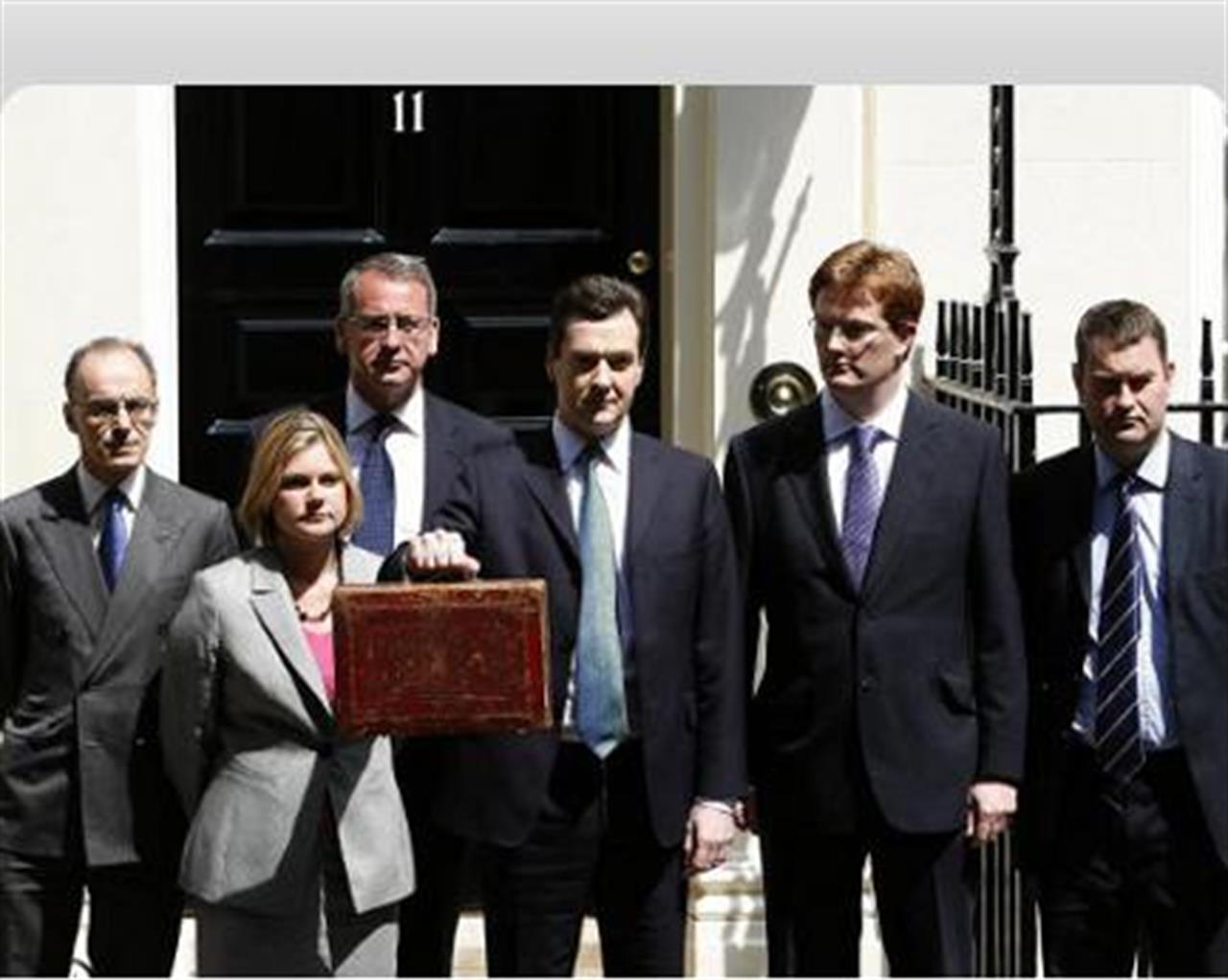Non profit
Voluntary organisations give value for money
Surviving the 'big squeeze'. Interview with Alison Blackwood of the London Voluntary Service Council.

London Voluntary Service Council (LVSC), an organisation that works with local councils for voluntary services, says local authorities should prioritise voluntary sector spending.
Last week their message got big support from Prime Minister David Cameron, when he urged local authorities not to do “the easy thing” and cut money to voluntary organisations when planning their next budgets. “Look at the value for money you can get from working with the voluntary sector,” he said.
But are kind words enough to save London’s voluntary sector from the cutting board?
The Big Squeeze campaign, an ongoing survey on the impact of the recession on London’s voluntary organisations, suggests that cuts to funding will have a long term impact on the sectors ability to provide social services. Seventy-one per cent of respondents confirmed that due to the recession their workload had increased and fifty-one per cent said that they expected funding to further decrease from 2010 to 2011.
The campaign was launched in January 2009, after the 2008 banking collapse that sunk England into a deep economic recession. Statistical and anecdotal evidence was collected from 60 London based voluntary organisations to assess the impact of the economic down turn on local communities and social organisations.
LVSC Head of Policy and Knowledge, Alison Balckwood, speaks to VITAeurope about the long term challenges facing the London voluntary sector and about the hard choices these organisations are having to make.
Were you pleased to hear Cameron defend the voluntary sector?
Yes, we thought that was good. He asked local authorities to think again. It is a natural reaction by local authorities to look at the voluntary sector when they have to make budget cuts, because it is outside of their organisation. The types of services the voluntary sector provides can create long term savings for the public sector, because these organisations are providing preventative services.
What kind of support is the sector receiving from government?
After our report was published, we had several statements from the London mayor saying that authorities should not make cuts to the voluntary sector. But the mayor doesn’t have direct control over local authorities. We have also had a positive response from the national government. But it is easy for regional and national governments to say nice things and to support our findings but to get our recommendations implemented at the local level it is really quite difficult.
How does your organisation campaign against funding cuts to the voluntary sector?
LVSC is made up of several local voluntary councils that represent the different London boroughs. These councils have been using the reports we put together in 2009 and 2010 to go before their local government councils to argue their cases. Enfield, is an example of a community that was successful in not only convincing their council not to make cuts to the sector but also to set aside some of their reserves for a special fund for the voluntary and community sector.
How has the voluntary sector changed over the past two years?
In terms of organisation, there are a lot more people coming together to share functions, particularly administrative work. Lots more people are also talking about sharing premises. A lot of organisations have said that their own trustees are coming in and doing volunteer work and staff are working much longer hours than they have in the past.
What has changed since the first survey in 2009?
I think what came out of the research is that initially organisations were making changes like getting staff to work longer hours or getting their trustees to come and work as volunteers. Groups thought they would be able to survive making these types of changes but these are short term solutions. I think now people are getting to the point where they realise that they need to take a more strategic look at how to go forward, because the challenges are not going to be short term.
The 2010 report mentions that the makeup of a typical volunteer has changed due to the recession, in what way?
A lot more professional people who are unemployed for the first time are wanting to volunteer. Some organisers found this really useful because they were now getting people with new skills coming into their organisations. But concerns were also expressed by some organisations that said some of their longer term volunteers perhaps with higher needs were getting pushed out slightly by this new breed of volunteer.
What are some of the long term solutions organisations are implementing?
A lot of organisations are now restructuring and scaling down. They are really looking at the services they provide and identifying those that are absolutely essential for the people they are working with and then those that, although still needed, are now considered more of a luxury.
What is the mood across the sector?
Lots of people are scared of losing their jobs. Those that are working directly with service users are really upset, they can’t see who is going to help these people now if they have to shut their doors.
17 centesimi al giorno sono troppi?
Poco più di un euro a settimana, un caffè al bar o forse meno. 60 euro l’anno per tutti i contenuti di VITA, gli articoli online senza pubblicità, i magazine, le newsletter, i podcast, le infografiche e i libri digitali. Ma soprattutto per aiutarci a raccontare il sociale con sempre maggiore forza e incisività.
